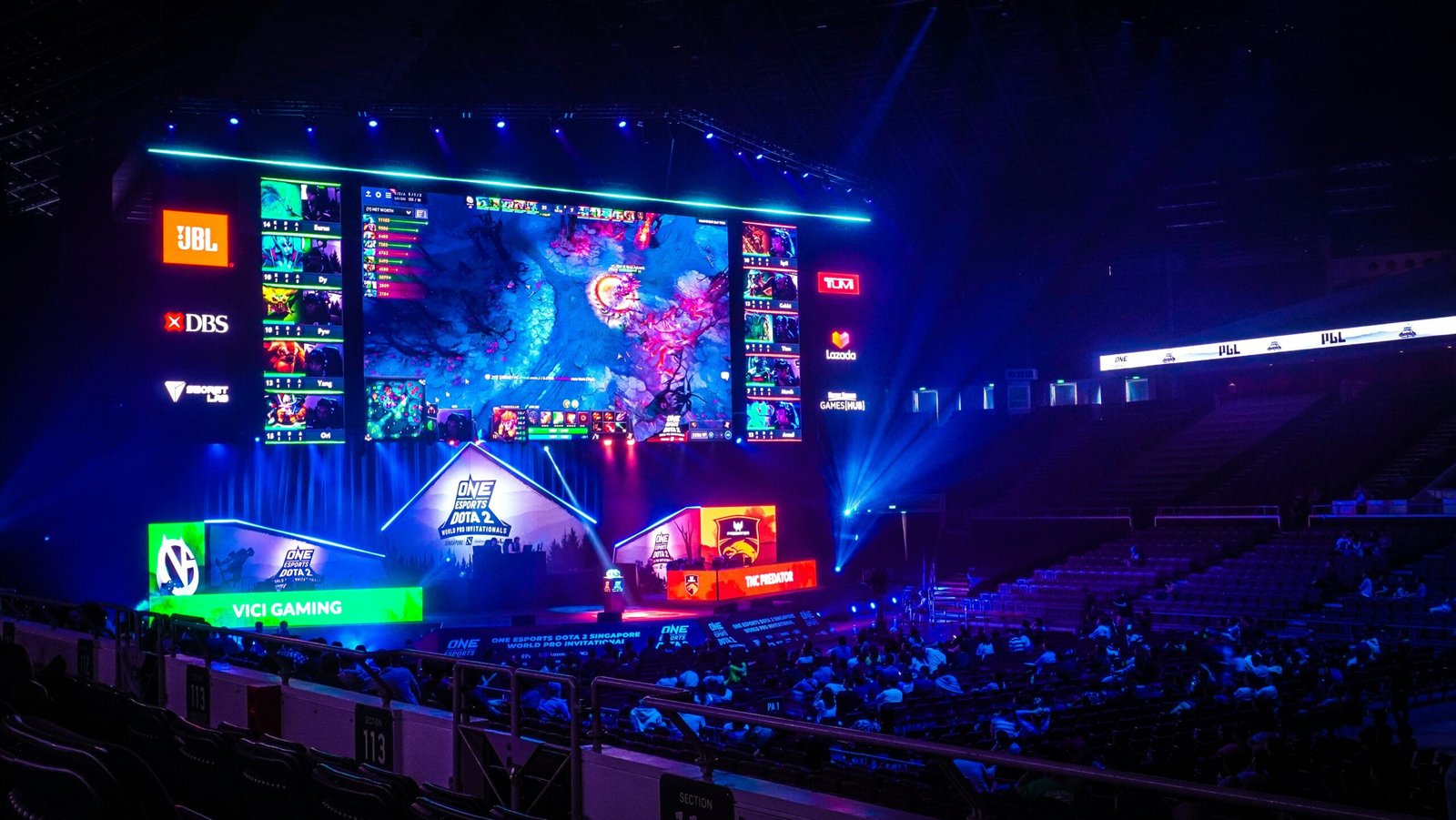Introduction to AI in Scriptwriting
Artificial intelligence (AI) encompasses a range of computational techniques that enable machines to perform tasks that typically require human intelligence. In the realm of filmmaking, AI has emerged as a transformative tool, particularly in the area of scriptwriting. AI script generation involves the use of sophisticated algorithms to analyze and understand the structure, themes, and patterns present in existing scripts. By recognizing these elements, AI systems are capable of constructing new narratives that align with established storytelling conventions.
The application of AI in scriptwriting is redefining the creative process for writers. Utilizing machine learning, which is a subset of AI, these tools can process vast amounts of data, identifying trends and preferences that inform narrative development. This capability allows AI to create compelling content that resonates with audiences while aiding human writers in brainstorming and expanding their ideas. Numerous AI-based applications are now on the market, catering specifically to the needs of screenwriters by offering features such as plot generation, character development, and dialogue crafting.
Current AI tools available for writers, such as OpenAI’s GPT models, provide an innovative approach to the writing process. These systems help streamline the brainstorming stage, allowing writers to focus more on creative storytelling. The advantages of utilizing AI in scriptwriting include improved efficiency, inspiration through generated ideas, and the ability to explore alternative story arcs. As technology progresses, the landscape of AI in filmmaking continues to expand, fostering new methods for writers to enhance their craft. These tools not only augment creative potential but may also lead to unprecedented collaborations between human authors and AI, signaling a notable shift in the creative dynamics of the industry.
Benefits of Using AI for Script Generation
The integration of artificial intelligence (AI) into the script generation process has introduced numerous benefits that are enhancing the landscape of filmmaking. Primarily, AI significantly improves efficiency. Traditional scriptwriting can be a time-consuming endeavor; however, AI algorithms can analyze vast amounts of data, generating scripts in a fraction of the time it would take a human writer. This expedited process allows filmmakers to focus on refining concepts and executing their creative vision, rather than being bogged down by the writing phase.
Another advantage lies in AI’s capability to produce unique storylines. While human writers often pull from personal experiences and cultural narratives, AI can synthesize a multitude of themes and genres to create innovative narratives that might not typically arise. By leveraging extensive databases of existing scripts, AI can generate content that showcases fresh angles, potentially appealing to a wider audience.
Writer’s block is a common challenge encountered in the creative process. AI can serve as a valuable assistant, providing prompts and suggestions that can rejuvenate the writing flow. By offering diverse plot ideas and character developments, AI can help break through barriers, allowing writers to continue their projects without prolonged interruptions.
Moreover, AI tools are effective in providing diverse perspectives that may sometimes evade human writers. By analyzing cultural contexts and different viewpoints, AI can contribute to more inclusive storytelling, thereby enriching the narrative and enhancing cultural relevance. Several industry professionals have noted the positive outcomes of AI-generated scripts, with examples like “Sunspring,” a short film that was created entirely by an AI, demonstrating the potential of this technology. Feedback from audiences and critics alike has been favorable, showcasing that AI can complement traditional scriptwriting rather than replace it.
Challenges and Limitations of AI in Filmmaking
The integration of artificial intelligence (AI) in movie script generation presents a range of challenges and limitations that filmmakers and writers must navigate. One significant concern is the ability of AI to replicate human creativity. While algorithms can analyze and synthesize existing scripts, the essence of true originality remains elusive for machines. Creative storytelling often involves nuanced character development, unpredictable plot twists, and a reflection of human experiences, which AI may struggle to fully comprehend or recreate. This deficiency raises doubts about whether AI-generated scripts can resonate with audiences in the same way that works crafted by human writers do.
Furthermore, AI’s understanding of human emotions is fundamentally limited. Emotions are complex and deeply nuanced; they cannot always be distilled into data points or patterns. AI-generated scripts may lack the emotional depth necessary to portray genuine relationships or profound experiences, leading to content that feels flat or unengaging. This emotional gap can be particularly concerning in genres that rely heavily on character-driven narratives, where audience connection is essential for storytelling success.
Another challenge is the risk of creating repetitive or formulaic content. AI tends to rely on existing templates and patterns, which can result in homogenized scripts that fail to innovate. Such repetition not only impacts the originality of the film but also poses a risk of alienating viewers. Additionally, ethical considerations such as copyright issues emerge, prompting a critical discussion on the ownership of AI-generated material. As the reliance on technology grows, the role of human writers could be undermined, sparking concerns about job security in the creative industry. Thus, while AI offers exciting potential in the realm of filmmaking, its limitations and ethical implications necessitate careful consideration and dialogue among industry stakeholders.
The Future of AI and Scriptwriting
The continued evolution of artificial intelligence (AI) in movie script generation is poised to unlock a host of innovative possibilities for the filmmaking industry. As AI technologies mature, it is reasonable to anticipate enhancements in natural language processing and machine learning that will refine scriptwriting capabilities. Future advancements may facilitate AI tools that not only generate plot outlines but also offer sophisticated dialogue construction, character development, and emotional context. These future scripts could benefit from an understanding of audience preferences, drawing on vast datasets and trends to create content that resonates with viewers.
The integration of AI into the screenwriting process may foster a new collaborative framework between human writers and AI systems. This potential partnership is envisioned as a symbiotic relationship, where writers can utilize AI-generated suggestions to enhance their creative output. Human intuition and emotional depth can serve as a counterbalance to AI’s analytical prowess, leading to more nuanced and engaging narratives. By leveraging AI’s strengths in fast data processing and pattern recognition, writers can focus on thematic elements and character arcs, ultimately reshaping the storytelling landscape in cinema.
Moreover, the adaptation of these technologies will likely necessitate a shift within the industry itself. Upcoming filmmakers may need to acquire new skills, incorporating proficiency in AI tools into their creative arsenal. Educational institutions may also adjust curricula to include lessons on collaborative writing with AI, preparing aspiring screenwriters for a future where technology serves as an ally rather than a threat. The implications of these changes are profound; as the industry embraces AI, the scope of storytelling will likely expand, inviting diverse voices and perspectives that were previously marginalized.
In conclusion, the future trajectory of AI in movie script generation suggests a landscape rich with possibilities. As advancements unfold, the symbiotic relationship between human creativity and AI technology is set to redefine the art of storytelling in the film industry. The interplay of these forces heralds an exciting new era for both filmmakers and audiences alike.









